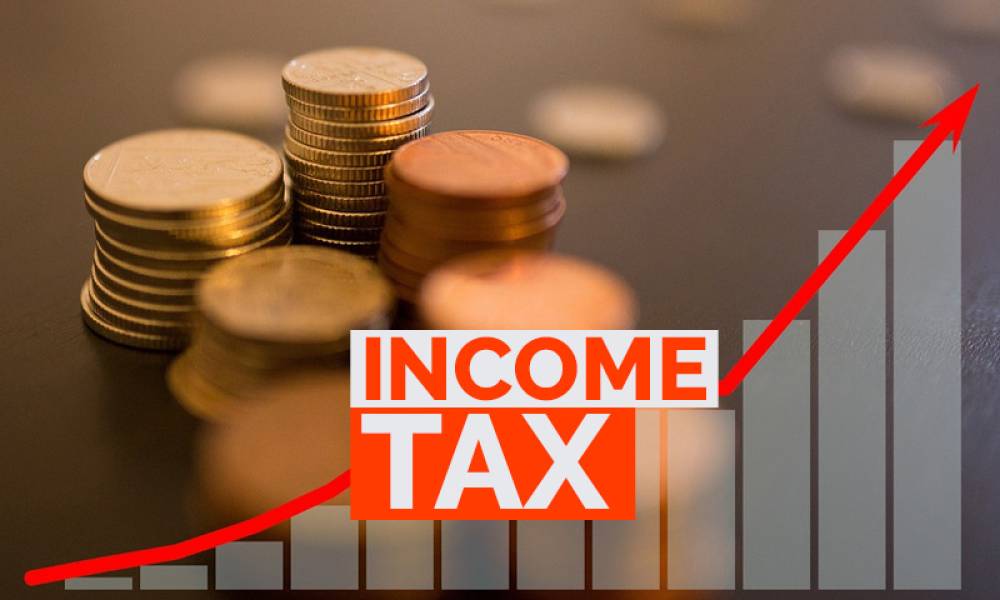
Income Tax Return (ITR)
Introduction
An Income Tax Return (ITR) is a form filed with the tax authorities that reports an individuals or entity’s income, expenses, deductions, and taxes payable for a specific financial year. Filing an ITR is a legal obligation for individuals and businesses that meet the prescribed income thresholds set by the government.
Revised Income Tax Return
Tax Return (Revised ITR) is filed under Section 139(5) of the Income Tax Act when a taxpayer discovers any mistake, omission, or incorrect statement in the originally filed ITR. This allows taxpayers to correct errors without facing penalties.
Key Points About Revised ITR
1. Eligibility: Any taxpayer who has filed an original ITR before the due date can revise it.
2. Deadline: A revised return can be filed before the end of the relevant assessment year or before the completion of the assessment, whichever is earlier.
3. Multiple Revisions: A taxpayer can revise their return multiple times within the allowed timeframe.
Updated Income Tax Return
An Updated ITR is a provision introduced to allow taxpayers to correct errors, omissions, or unreported income even after the assessment year has ended. It provides an extended window for taxpayers to voluntarily rectify their tax filings and avoid legal consequences.
Key Features of Updated ITR
1. Eligibility:
o Any taxpayer can file an Updated ITR if they failed to report income correctly in their original, belated, or revised return.
o Applicable for individuals, businesses, and other taxpayers.
2. Time Limit:
o Can be filed within 24 months from the end of the relevant assessment year.
o For example, for AY 2022-23, the Updated ITR can be filed until March 31, 2025.
Belated ITR
A Belated ITR is a tax return that is filed after the original due date has passed. The due date for filing ITR varies depending on the type of taxpayer (individual, HUF, business entity, etc.), but generally, it is July 31 for individuals and September 30 for businesses in India. If you miss the deadline, you can still file your return by submitting a belated ITR.
When Can You File a Belated ITR?
You can file a belated ITR under Section 139(4) of the Income Tax Act. The belated return must be filed before December 31 of the assessment year. However, there are certain conditions and penalties associated with filing a belated ITR:
1. Deadline: You can file a belated ITR before December 31 of the assessment year. If you miss this deadline, you may not be able to file your return for that particular year.
2. Penalty: Under the provisions of Section 234F, if you file a belated return, you could be liable to pay a penalty. The penalty is:
o ₹5,000 if the return is filed after the due date but before December 31.
o ₹10,000 if filed after December 31.
o ₹1,000 in case of a taxpayer with a total income of ₹5 lakh or less.
3. Interest: If you owe taxes and file your return late, interest under Sections 234A, 234B, and 234C might be applicable. These sections deal with interest on late payment of tax, as well as tax that should have been paid during the year.
Types of ITR Forms
The tax department prescribes different ITR forms based on the nature of income and taxpayer category. Some common forms include:
- ITR-1 (Sahaj): For salaried individuals with income up to ₹50 lakh.
- ITR-2: For individuals and HUFs without business income.
- ITR-3: For individuals and HUFs with business or professional income.
- ITR-4 (Sugam): For presumptive income from business or profession.
- ITR-5, 6, 7: For partnership firms, LLPs, companies, and trusts.
.
